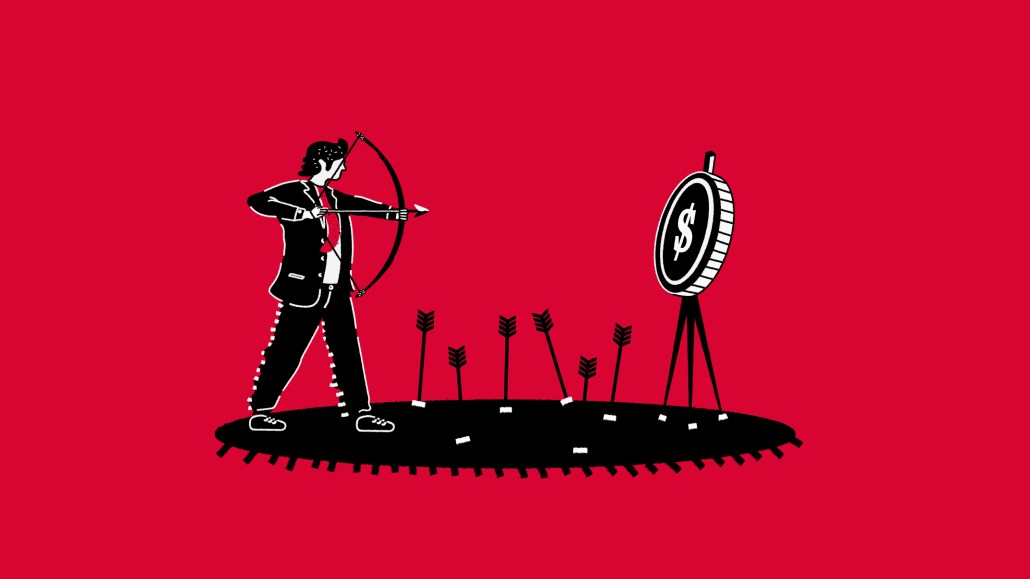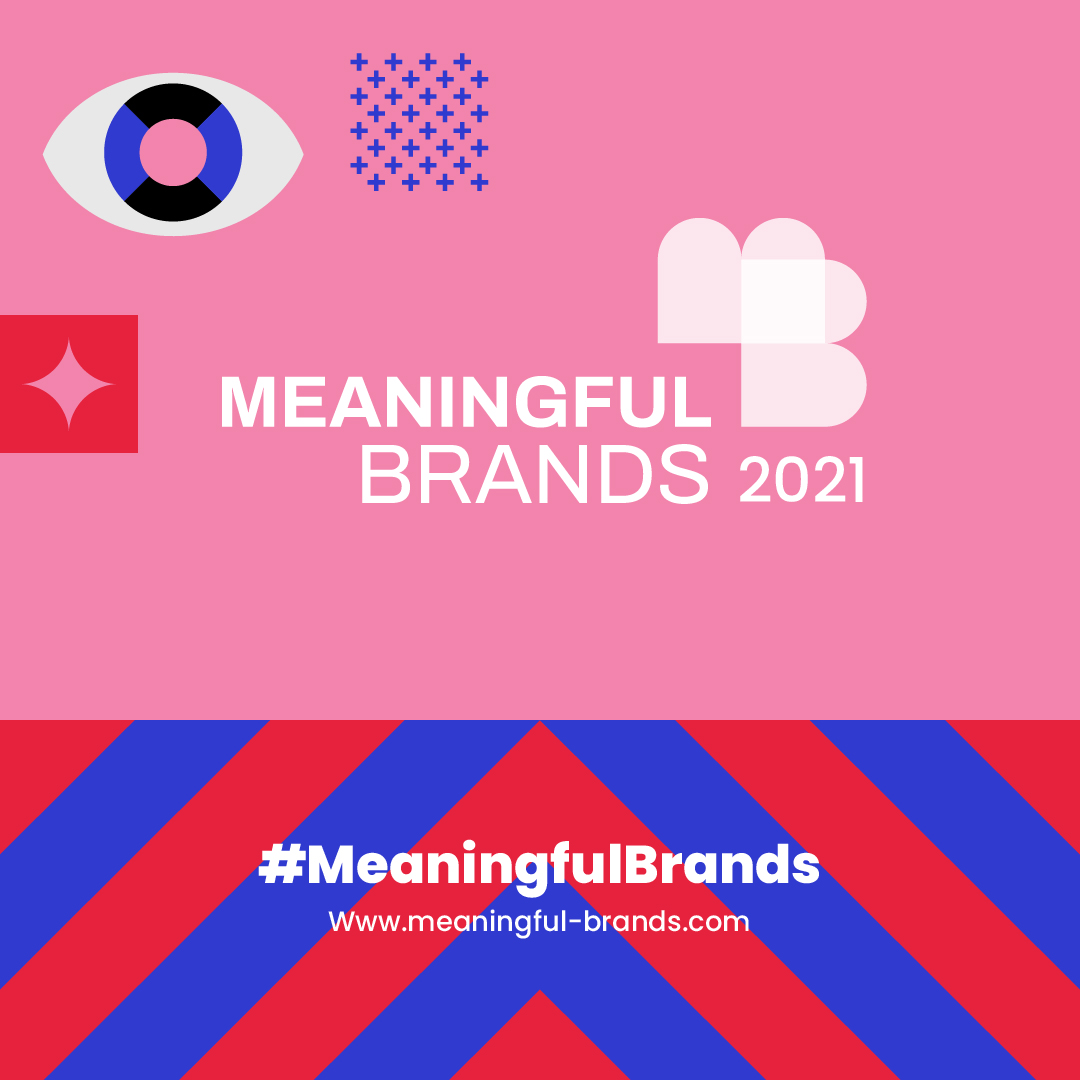Save 50% on a 3-month Digiday+ membership. Ends Dec 5.
Increasingly cynical consumers are tired of brand pretense, Havas’ latest Meaningful Brands survey finds

Brands, you have a problem. Smarter and world-weary consumers are growing increasingly cynical of your efforts to win them over, especially if you don’t mean what you say — or help out when times are bad, as they have been for the last 15 months.
That’s the bottom-line finding of the 12th annual installment of Havas’ Meaningful Brands survey, which aimed to take the cultural and social temperature of consumers at the height of the pandemic. As might be expected, the findings represent a wake-up call of sorts for brands—and indirectly, for the agencies that help them reach consumers.
“Consumers truly are more informed, have new kinds of expectations about when and where and how a brand shows up, and some brands still aren’t getting it,” said Greg James, global chief strategy officer at Havas Media Group, the media arm of Havas. “I know it’s tricky right now, they fear a backlash, but especially the newer generation of consumers like Gen Z are informed and keen to hear brands show up in the right way.
“Agencies really do have to be strong partners for clients — when they ask us to challenge them, we have to,” he added. “Building strong, meaningful brands means making tough decisions you can stand by because they’re the right decisions for your particular category and your particular consumer.”
The Meaningful Brands survey found a deep skepticism across society: 71 percent of consumers said they have little faith that brands will deliver on their promises, saying they are tired of brands pretending they want to act for the good of society when they are mostly out to generate profits.
“We’ve been looking at this for 12 years now and ultimately, brands still aren’t doing enough in terms of really building loyalty and strong connection — particularly since in most categories in that time we’ve seen so much disruption,” said James.
Havas surveyed 395,000 consumers in 30 markets across the globe between July and September 2020 (at the height of the pandemic, not the happiest time in the world), about more than 2,000 brands across 21 industries.
Ad position: web_incontent_pos1
Less than half the respondents (47 percent) say they trust brands when results from all the surveyed regions — which represented 30 countries — were averaged together. There remain some pockets of optimism, including China (where 74 percent expressed trust), India (69 percent) and Latin America, which includes Mexico, Brazil and Chile (67 percent). Interestingly, the lowest recorded trust level was found in East Asia (which includes Australia, Hong Kong and Korea), where only 24 percent trust brands.
And three out of four brands could disappear overnight and most people wouldn’t care, the survey found again. This has been one of the hallmarks of the Meaningful Brands survey in recent years; the number has hovered consistently in the low- to mid-70s range, but dropped from a high of 77 percent in 2019.
Notably, this year’s study highlighted that consumers have higher expectations for brands than ever. Nearly three out of four (73 percent) respondents think brands “must act now for the good of society and the planet.”

Further, they are willing to put their money where their mouths are: 64 percent of respondents said they prefer to buy from companies with a reputation for purpose as well as profit — a 10 point surge compared to the 2019 Meaningful Brands study.
Ad position: web_incontent_pos2
Havas defines “meaningful” as a blend of:
- Functional (how a brand delivers on technology, price, support, ease of customer interactivity)
- Personal (how a brand fits into peoples’ lives)
- Collective (a brand’s role in society and culture).
More in Marketing

Ulta, Best Buy and Adidas dominate AI holiday shopping mentions
The brands that are seeing the biggest boost from this shift in consumer behavior are some of the biggest retailers.

U.K. retailer Boots leads brand efforts to invest in ad creative’s data layer
For media dollars to make an impact, brands need ad creative that actually hits. More CMOs are investing in pre- and post-flight measurement.
Ad position: web_bfu



